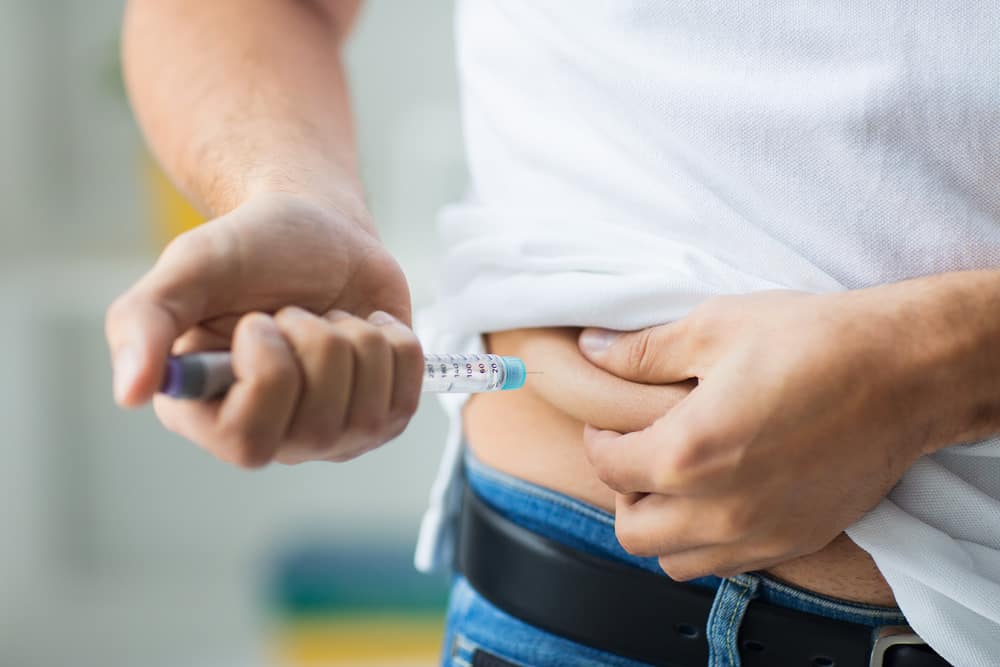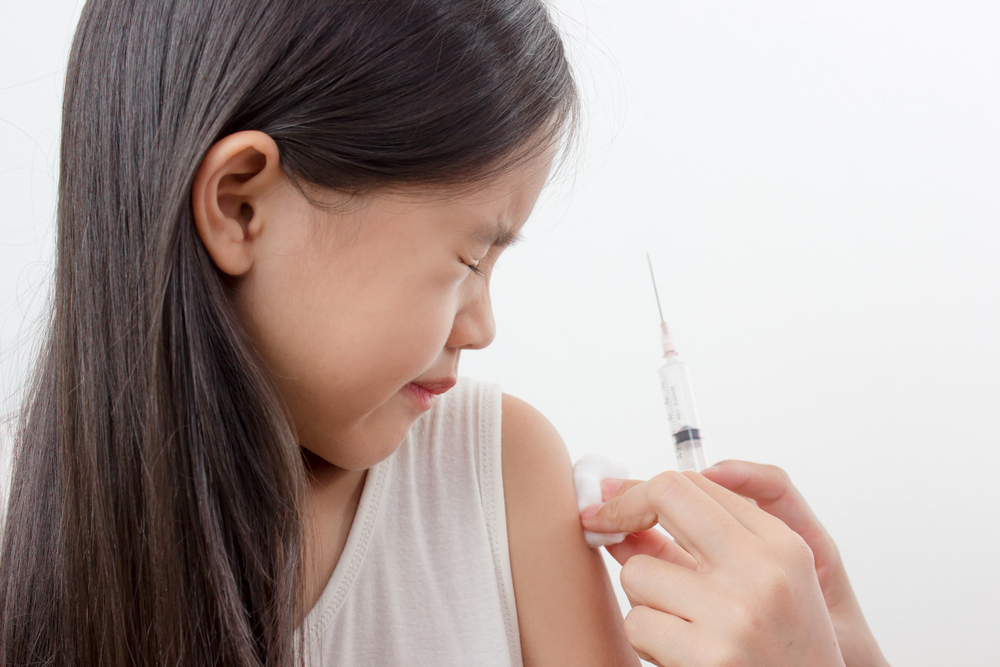Contents:
- Medical Video: The Strong Link Between Oral Sex & Cancer (Leadership to Cure)
- What causes oral cancer?
- How can we get HPV in the mouth?
- Why does HPV cause cancer?
- Can the HPV vaccine help men like women?
Medical Video: The Strong Link Between Oral Sex & Cancer (Leadership to Cure)
Oral cancer is sometimes called head and neck cancer, and includes cancer of the mouth, lips and tongue, as well as cancer of the tonsils, oesophagus, larynx, nasopharynx (the part that connects the nose and throat) and the thyroid gland.
Some types of oral cancer are associated with infection human papilloma virus (HPV) in the mouth and throat. Find out the possible risk of this infection from oral sex and how to protect yourself.
What causes oral cancer?
Experts have known for years that the main risk factors for oral cancer are alcohol and smoking and tobacco consumption. But there is growing evidence that mouth infections from HPV are the main cause of oral cancer.
About 25% of oral cancers and 35% of throats are associated with HPV, but the exact number is different between each study, possibly because of differences in the methods used to test the virus, or the level of smoking and the risk of other different factors. Detecting the HPV virus in a sample of patients with oral cancer does not mean that HPV is the cause of cancer. The virus becomes part of the genetic cancer cell, triggering it to grow.
How can we get HPV in the mouth?
There are more than 100 types of HPV, and 15 of them are related to cancer. These 15 types are known as high risk HPV types. The types of HPV found in the mouth are almost all sexually transmitted, so the possibility of oral sex is the main cause of this virus. High-risk types of HPV are also transmitted vaginally and anal sex, and are associated with:
- Cervical cancer
- Vaginal cancer
- Anal cancer
- Penile cancer
- Laryngeal cancer
- Throat cancer
Some can be transmitted through touch between the skin and cause warts, including genital warts. The type of HPV that causes warts is low risk and not the same type of cancer.
Most sexually active people (about 90%) will be exposed to high or low risk of genital HPV at the age of 25 years, but only 2-3% of these people will develop genital warts. So, most of us have been infected, but only a few have been affected.
It is not known how commonly HPV infection in the mouth. A study conducted in 2009-2010 concluded that the prevalence of oral HPV infections in men is 10% and women 3.6%. Risk factors for oral HPV identified in this study include:
- Age: common in the 30-34 year age group and 60-64 years old
- Number of sex partners: 20% of people with more than 20 sex partners will get oral HPV infection
- The number of cigarettes smoked per day
There is evidence to suggest that, for some oral cancers, risk factors may be related to sexual habits. These risk factors include:
- Have had oral sex
- Do oral sex with four or more people during your life
- Especially for men, first having sex at an early age (under 18 years)
At present, few studies have examined the comparison of possible risks from oral sex in men and women. However, we know that HPV associated with oropharyngeal cancer is twice as common in men than in women, and is most common in heterosexual men in their 40s and 50s. This indicates that oral sex in women is more risky than having oral sex in men. This seems counterintuitive to us, but the HPV concentration in the thin and moist vulvar skin is higher than the amount of virus in the thick and dry penile skin, and this affects how easily the virus is transmitted. Other studies indicate that HPV can be present in semen and is transmitted during ejaculation.
The sure thing to know is that there is a spread of other infections through oral sex, including herpes, chlamydia, syphilis, and gonorrhea, so it makes sense to protect yourself and your partner by having safe oral sex.
Why does HPV cause cancer?
HPV does not directly cause cancer, but it causes changes to infected cells (for example, in the throat or cervix), and these cells become cancerous causes.
Very few people infected with HPV will develop cancer. In 90% of cases, the infection resolves naturally within two years.
However, viruses tend to be hard to lose for smokers. This is because cigarettes damage special protective cells in the skin called immune surveillance cells, causing the virus to settle. Cancer of the cervix and vulva is rare in non-smoking women, unless caused by immunosuppression (weak immune system).
If cell changes do occur, it can take a long time, even up to ten years. Oral cancer associated with HPV seems to respond to treatment better than oral cancer that is not associated with HPV.
Can the HPV vaccine help men like women?
Yes. Almost all cervical cancers known to be associated with HPV and vaccines offer protection for women. The vaccine also protects women from vulvar and vaginal cancers associated with HPV.
In addition, it may protect them from anal and oral cancer. At present there is no evidence that the vaccine will protect itself against oral cancer, but there is a possibility, because HPV causes cancer of the mouth, throat and anal in the same way as in cervical cancer.
Gradually, the HPV vaccine will reduce the number of cases of HPV infection in women, HPV will be less frequent in the general population - where people with HPV will be less. This has happened in Australia, where cases of genital warts have dropped dramatically in heterosexual women and men under the age of 21 in the four year period when the vaccination campaign began.
However, vaccines given only to women will not benefit men who have sex with men.
If you are concerned about oral cancer, visit your doctor. When it is certain to have oral cancer, there will be obvious symptoms, and your doctor should be able to see it by examining your mouth. If oral cancer is diagnosed early, it will be easier to treat, but about half of these cancers are diagnosed when the disease has spread to the neck.
Symptoms of oral cancer include:
- Reddish and white patches on the tongue and lines of your mouth
- One or more canker sores that don't heal after three weeks
- Swelling in the mouth that lasts for more than three weeks
- Pain when swallowing
- Feeling something is blocking the throat
You can make oral sex safer by using a condom on a man's penis, because this acts as a barrier between the mouth and penis. Condoms around a woman's genitals (soft and very thin plastic) can protect themselves against infection.
READ ALSO:
- Can you get pregnant if you have sex during menstruation?
- Revealing Female Orgasm: Why Is It Different From Male Orgasm?
- Why "External Ejaculation" Can Still Cause Pregnancy












